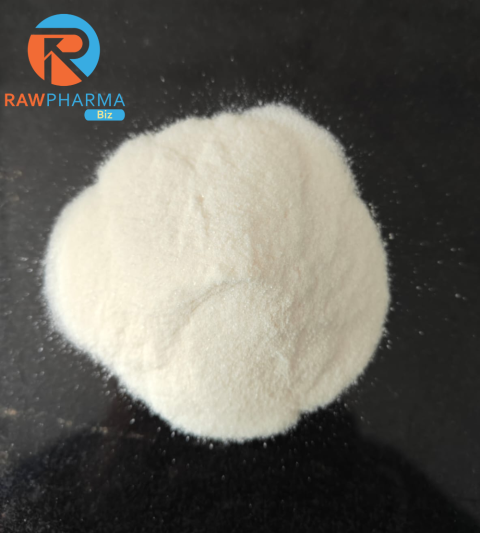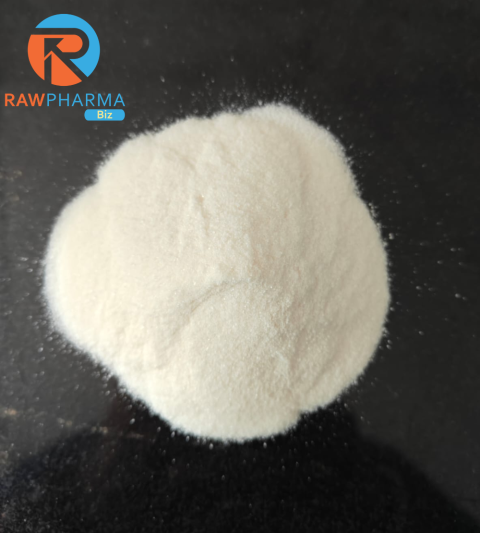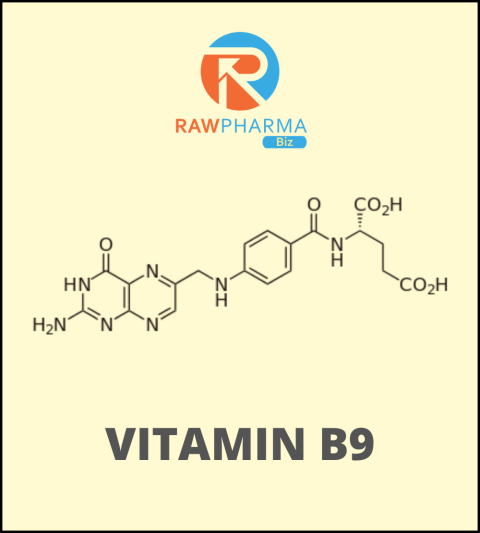Short Descriptions
Vitamin C, also known as ascorbic acid, is an essential nutrient renowned for its antioxidant properties and its role in supporting the immune system. It is vital for collagen production, wound healing, and the maintenance of healthy skin, blood vessels, and cartilage. Vitamin C also aids in the absorption of iron from plant-based foods, enhancing overall nutritional health. Found abundantly in citrus fruits, berries, and leafy greens, this water-soluble vitamin is crucial for overall wellness and protection against oxidative stress.
More Information
Details
Vitamin C, scientifically known as ascorbic acid, is a water-soluble vitamin that is indispensable for numerous physiological functions and overall health. Renowned for its potent antioxidant properties, vitamin C helps protect cells from damage caused by free radicals, thereby reducing oxidative stress and inflammation. This vitamin plays a crucial role in the synthesis of collagen, an essential protein for the maintenance and repair of skin, blood vessels, tendons, ligaments, and bones. Adequate intake of vitamin C is vital for wound healing and the maintenance of healthy skin.
One of the most well-known benefits of vitamin C is its support for the immune system. It enhances the production and function of white blood cells, which are key components of the immune response, and strengthens the skin's defense system. Additionally, vitamin C improves the absorption of non-heme iron, the type of iron found in plant-based foods, which is particularly beneficial for individuals at risk of iron deficiency.
Beyond its primary functions, vitamin C has been associated with a reduced risk of chronic diseases such as cardiovascular disease. It helps lower blood pressure, reduces levels of bad cholesterol (LDL), and improves overall heart health. Some studies also suggest that vitamin C may play a role in preventing or delaying the development of certain cancers by neutralizing harmful free radicals.
Found abundantly in citrus fruits, strawberries, kiwi, bell peppers, broccoli, and spinach, vitamin C can be easily incorporated into a balanced diet. For those unable to meet their daily needs through food alone, supplements are widely available and can be a convenient option. It is important to note that, as a water-soluble vitamin, excess vitamin C is excreted in the urine, making regular daily intake essential for maintaining adequate levels. Consulting with a healthcare provider is recommended to determine the appropriate dosage, especially for individuals with specific health conditions or those taking other medications.


![Vitamin B3 Feed Grade [Niacin] 25Kg Pack](https://rawpharmabiz.com/cache/large/product/495/RtuFPrIfGpluRMe9qllheCH47DqFnaeScsX9yaD1.png)


